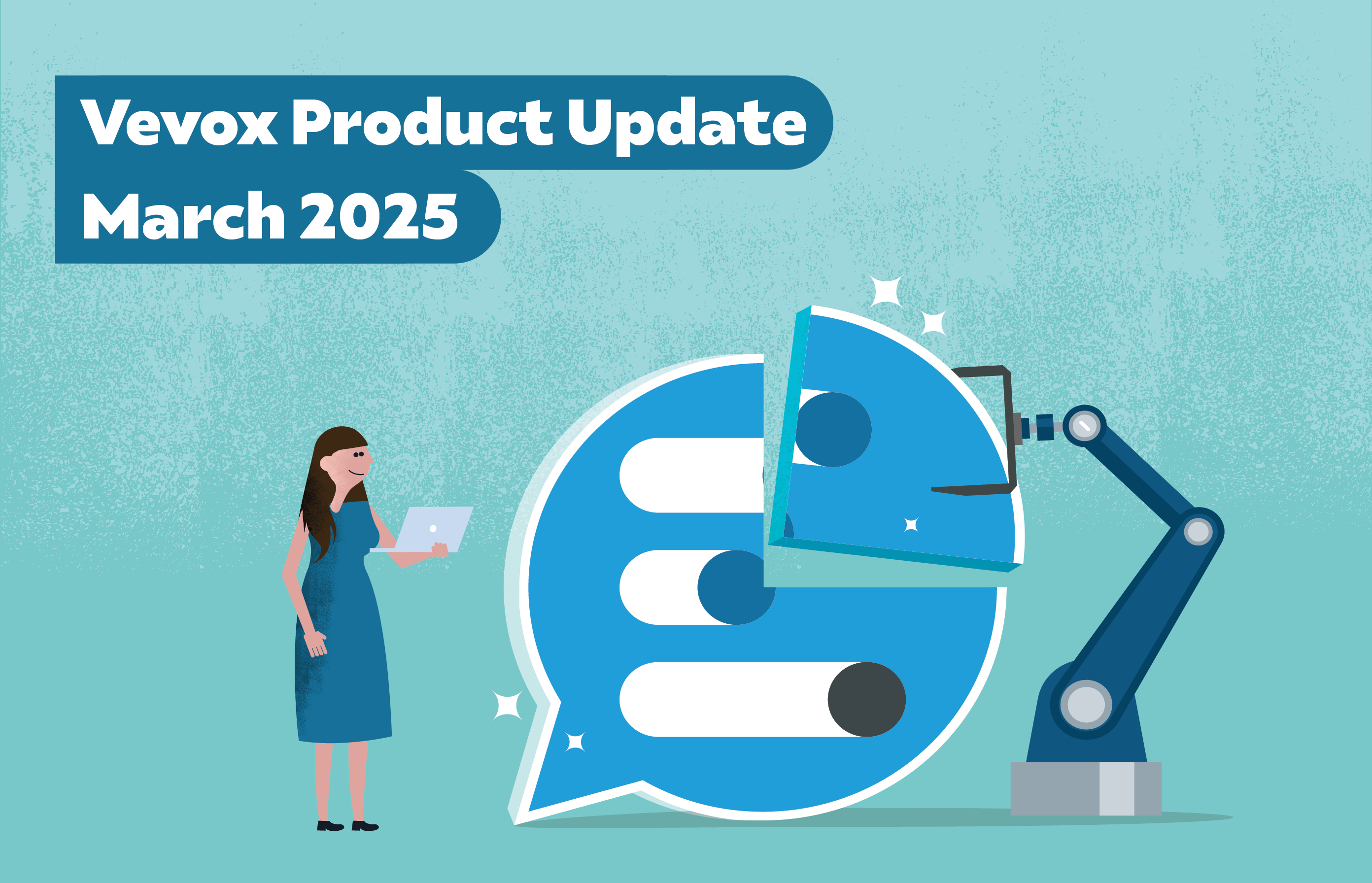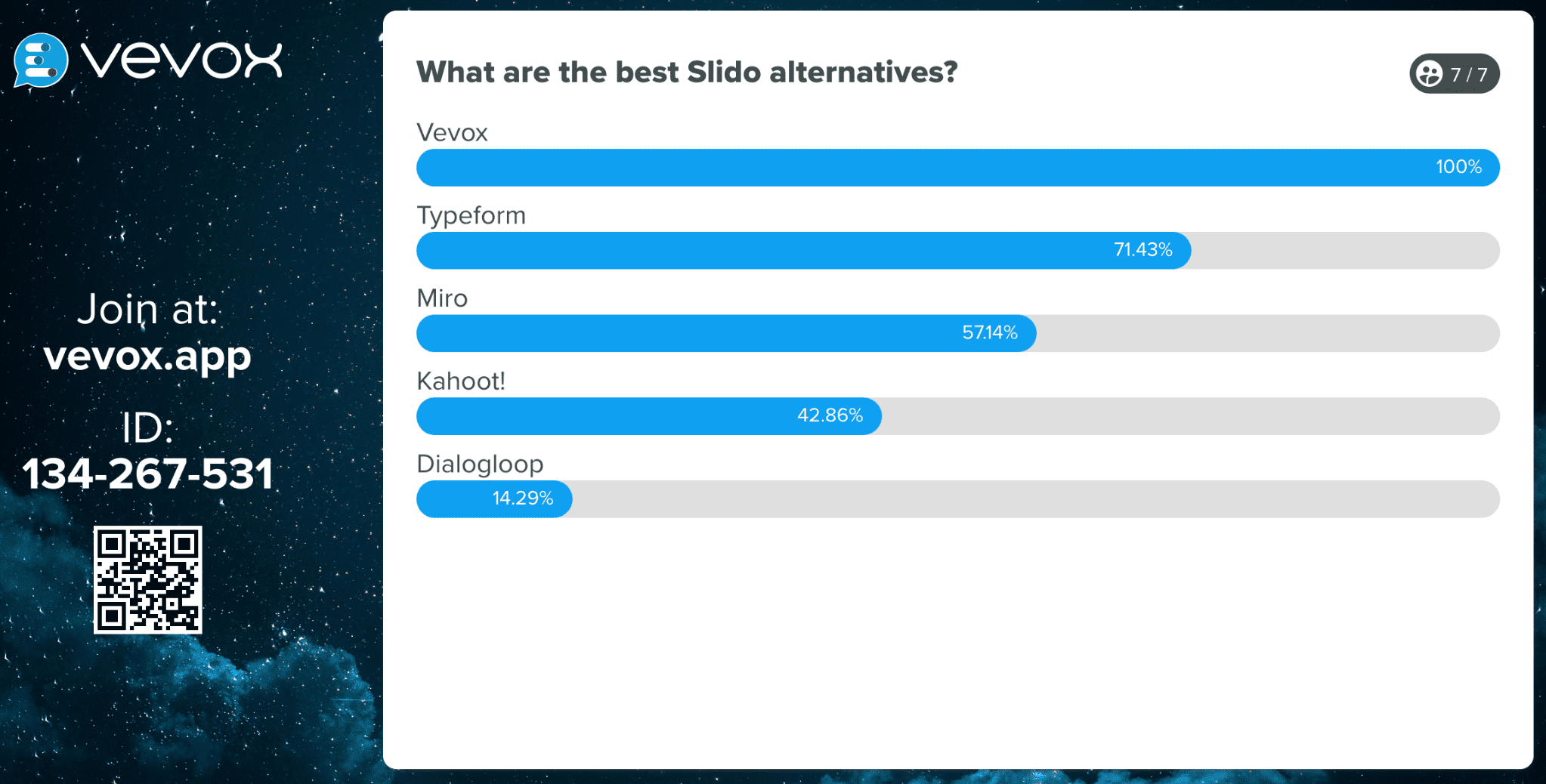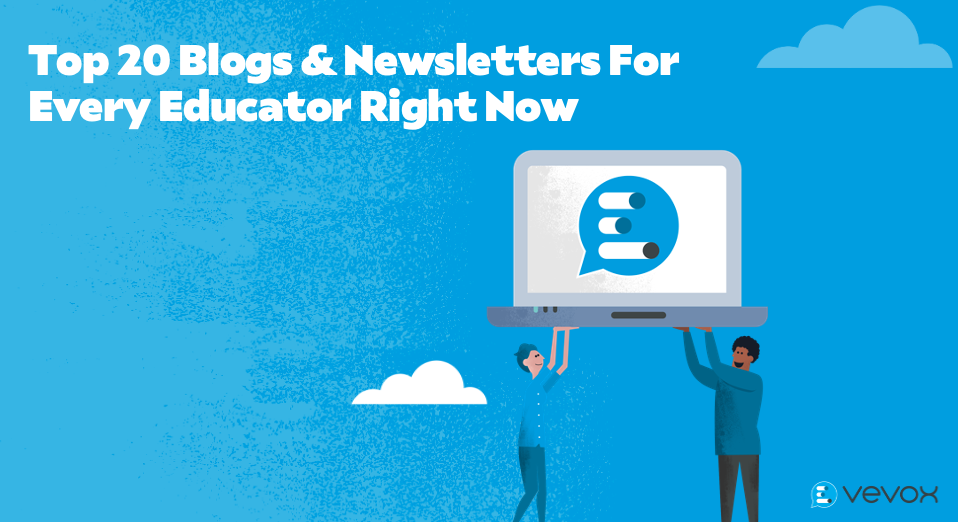We develop our learning skills from the minute we're born and our early years education in combination with experiences at home have a huge influence on the kind of learners we become. Self-regulated learning (SRL) is becoming increasingly relevant in Higher Education as institutions continually look to improve academic results and the student experience in a highly competitive environment. Institutions invest huge amounts of time and money in educational technology and in this blog, we take a look at how Vevox, an already popular and cost-effective teaching tool, can be used support self-regulated learning in the era of learning analytics.
Why is self-regulation important in HE?
Self-regulated learning is defined as the combination of student's thoughts about their own learning and evaluating their own progress against a standard and how this impacts their motivation to continue learning. The development of self-regulating learners should begin in early years education and follow on during primary and secondary education, but it shouldn't stop there. In educational psychology literature, research has linked the characteristics that self-regulated learning teaches to success throughout education and importantly, beyond [1][2]. With learning analytics such a hot topic in education right now, it can seem a little daunting and sound expensive, but tracking the presence and success of self-regulated learning doesn't need to be complex.
The self-regulation process
Educational researcher and professor of educational psychology, Barry Zimmerman, posed that the self-regulated learning process comprises of three stages; Forethought, volitional control and self-reflection and Vevox can help with developing each of these practices as explored below:
Forethought refers to learners preparing themselves - rather than setting a research assignment or giving a list of suggested reading, a more effective way to promote forethought is to run an exploratory Q&A session with Vevox to get your students actively engaged with the topic at hand. Lectures can post instructions, web links or thought-provoking questions on the Vevox App info screen and prompt students to leave their own comments and contributions on the app Q&A board in their own time.
To maximise participation, lecturers might choose to set the Vevox session to 'Anonymous'. Set expectations and provide a deadline for students to leave their comments by. When you come to kick off your next module the crowd-sourced content in the Q&A board will provide an excellent bank of discussion points and allows lecturers to gauge a baseline level of understanding for future lectures.
Volitional or performance control involves students paying attention and displaying their commitment to learning and exercising willpower. Live-polling, with students using their own devices is a great way to grab attention. The results are displayed instantly, both on the student's devices and on a main display screen, keeping everyone focussed and engaged as the results come in. Some educators and academics are still reluctant to embrace the 'Bring Your Own Device' (BYOD) culture for fear of distractions but our experience and research puts these fears to rest.
The interactive nature of live polling in the classroom naturally increases participation and reinforces positive emotions around learning which in turn enhances commitment. 96% of students in a 2017 study said Vevox increased the likelihood of them asking a question in class. When students witness that their contribution adds to the learning experience, they become increasingly engaged which fuels a positive cycle of learning and engagement. When learners participate in questioning exercises, they are naturally more engaged in their own learning. The act of questioning also promotes self-analysis and reflection on their own level of comprehension.[3]
After students finish a lecture or complete an assignment, assessment or even an entire module, self-reflection is the final phase in the self-regulation process, as students review their own progress towards their goals. Vevox's self-paced survey feature can be used for gathering informal feedback or can be used more formally for an MFQ or MEQ. This feedback loop is as equally important as the other two stages for both teaching staff and students as it acts as a catalyst.
The survey feature can be used 'live' in lectures for informal assessments or can be implemented for students to complete a short questionnaire outside of teaching time. Feedback from students in either form is of course beneficial for the lecturer for establishing knowledge gaps or identifying course areas that require refinement. Providing an overview of this feedback to the students would further enhance self-regulated learning as this thesis states that, 'Research generally confirms that learners are more effective when they attend to externally provided feedback,' such as that from their peers.
How else does Vevox help?
Motivation plays a huge role in self-regulated learning as it is required even in the toughest moments. Vevox's flexibility, scalability and promotion of inclusivity means it is adaptable to any teaching environment, from Interactive Theatre to Music and Performing Arts and helps to make the learning experience an enjoyable one.
Educators are eligible for a free account to use with up to 100 participants. Find out more about using the Vevox App for student engagement.
Further reading:
Downloadable Guide: The Benefits of Student Response Systems
-
Cronbach, Lyn Corno ... Ed. by Lee J. (2002). Remaking the concept of aptitude : extending the legacy of Richard E. Snow. Mahwah, NJ [u.a.]: Erlbaum. ISBN 978-0805835328.
-
Jump up^ Pintrich, Paul R. (2000). "Multiple goals, multiple pathways: The role of goal orientation in learning and achievement". Journal of Educational Psychology. 92 (3): 544–555. doi:10.1037/0022-0663.92.3.544.
-
Palinscar, Aannemarie Sullivan; Brown, Ann L. (14 December 2009). "Reciprocal Teaching of Comprehension-Fostering and Comprehension-Monitoring Activities". Cognition and Instruction. 1 (2): 117–175. doi:10.1207/s1532690xci0102_1.




